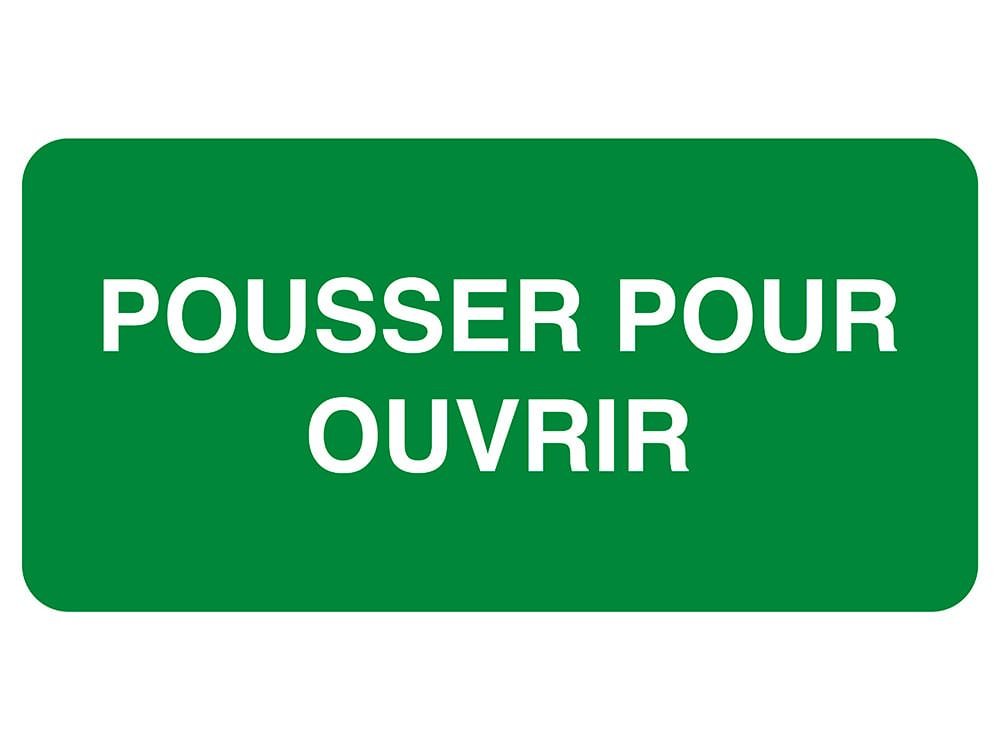pousser
The French verb “pousser” means “to push,” “to move,” “to push aside,” “to let out,” or “to grow,” among a variety of different meanings. The green sign in the photo means “Push to open.”
To push:
“Pousser” mainly means to push or shove.
- “Il faut pousser la porte pour entrer.” (Push the door to enter.)
- “Elle pousse son ami à essayer quelque chose de nouveau.” (She encourages her friend to try something new.)
To grow:
- “Les plantes poussent dans le jardin.” (Plants grow in the garden.)
Expressions and Idiomatic Usage:
- “Pousser un cri de joie.” (Utter a cry of joy.)
- “Il a poussé un coup de gueule contre l’injustice.” (He ranted against injustice.)
Etymology:
The French verb “pousser” traces its roots to the Latin term “pulsare,” signifying “to push.” This origin underscores the fundamental notion of exerting force for movement.






